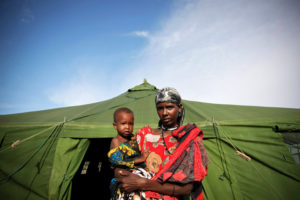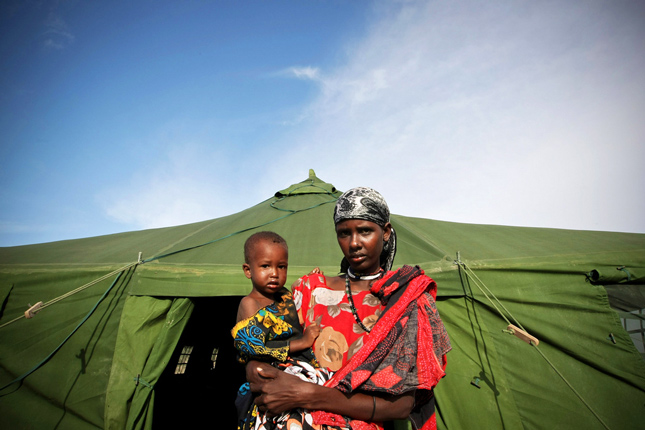
Under current asylum law, gender is not a protected ground for asylum. The United States, as well as many other countries around the world, first committed to the international community to protect the rights of refugees when it signed the Refugee Convention in 1951, the controlling international convention in refugee law. A refugee, according to the Refugee Convention Article 1(A)(2) is an individual “who is outside his or her country of nationality or habitual residence and is unable or unwilling to return due to a well-founded fear of persecution based on his or her race, religion, nationality, political opinion, or membership in a particular social group.”
Any individual bringing a claim for gender-based asylum must do so under “membership in a particular social group.” However, merely stating that the individual’s “gender” constitutes as a social group is not enough. The social group cannot be based on the persecution the individual faced, and has to be specific, immutable, and socially visible. There is a fear that if an immigration judge allows a social group that is too broad, it will set precedent for a flood of women to come and claim asylum in the United States. Women, therefore, have had to describe their social group in convoluted and intricate ways, in order to be as specific as possible to be acceptable to immigration judge. As one scholar notes, “applicants often define groups in ‘overly complicated and unnecessarily detailed’ ways, including characteristics such as marital status, age, education level, the absence of male protection, opposition to abuse, transgression of social/cultural norms, and past experiences of harm.” These social group formulations are very narrow, sometimes illogical, and almost comical in length.
Claims are especially difficult to bring when the persecution occurs within the private sphere—this means, the government of the country did not conduct the persecution, but instead, the members of the government refused to protect the individual from the violence. When the persecution occurs within the private sphere, the persecution must be on account of that social group; the persecutor either has or will inflict harm or suffering “in order to punish him [or her] for possessing a belief or characteristic [the] persecutor[seeks] to overcome.” The asylum seeker must show that the persecutor wanted to persecute her on account of her social group by providing evidence that the persecution occurred, which is often difficult within the private sphere, because there is often no witnesses or evidence. Women around the world suffer violence, such as female genital mutilation, honor killings, or domestic violence, at the hands of their fellow community members because it is “culturally acceptable;” however, when they flee to the United States to avoid this violence, they face many obstacles in getting their asylum applications approved.
Kitty Robinson is a 3L at the University of Denver Sturm College of Law and a Staff Editor on the Denver Journal of International Law and Policy.


